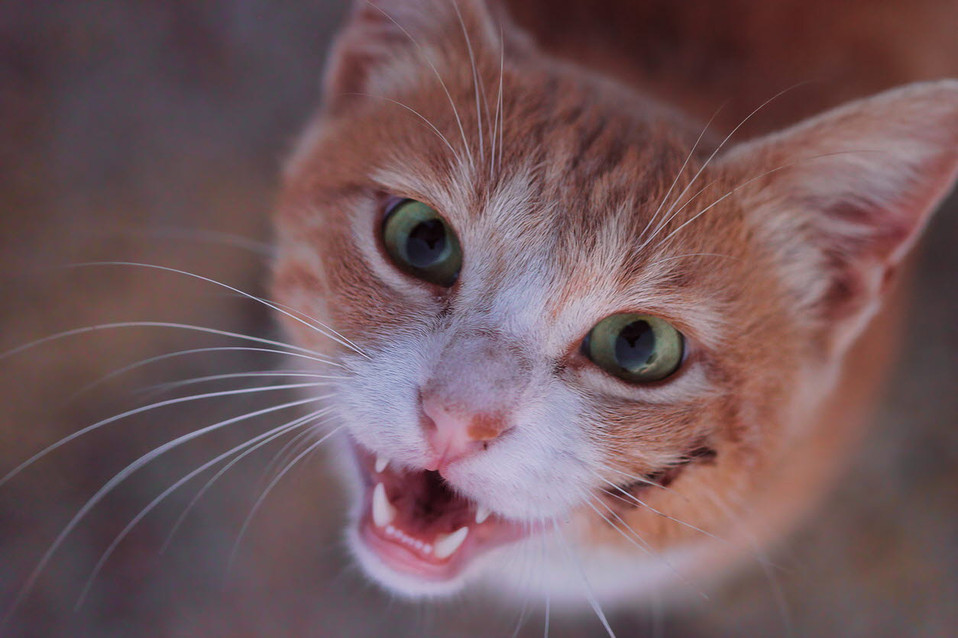Can my cat get asthma?
06 Feb 2020
Asthma can be a debilitating condition in humans, but did you know that our feline friends are also susceptible to this challenging disease?
Asthma involves the small airways in the lungs over-reacting to the presence of an irritant or an allergen. There is a subsequent inflammatory response, an increase in mucus production and a contraction of the small muscles around the airways causing them to narrow. Both the mucus and the narrowed airway means a cat will have significant difficulty breathing and lead to feline asthma symptoms.
Symptoms of asthma in cats
- Persistent coughing or wheezing (often bouts of coughing)
- Laboured and/or fast breathing
- Open-mouthed breathing
- Squatting with shoulders hunched, neck extended and rapid breathing or gasping for breath
- Lethargy and weakness
What causes feline asthma?
Irritants such as cigarette smoke, pollens, dust from cat litter, perfume and moulds can all contribute to the condition. Parasites, heart disease, breed and obesity may also play a role.
What to do if your cat has an asthma attack
An asthma attack can be life-threatening and you will need to seek veterinary attention immediately. This may mean seeking emergency out of hours care, rather than waiting until the next morning for your regular vet to open.
Signs of an asthma attack include:
- A cat who is open-mouthed breathing
- A cat who is gasping for breath
- A cat squatting with their shoulders hunched and their neck extended
- A cat who is experiencing periods of rapid breathing and using their abdominal muscles to breathe (heaving)
Diagnosis
Determining whether your pet has feline asthma involves a number of diagnostic tests and further imaging. Early detection of the condition will improve your cat’s quality of life greatly by reducing the number of ongoing and serious asthma attacks.
Blood tests, an x-ray (or a series of x-rays), bronchoscopy (using a camera in the lungs to evaluate the airways), or an airway wash to gather cells to look for inflammation or bacteria may be necessary to help diagnose feline asthma.
Treatment
Feline asthma can be successfully managed with medications that open up the airways and modify the inflammatory response. You may be surprised to learn that medication is often administered through a special inhaler, similar to those used in human asthma. Once you and your cat get the hang of this delivery method, the effects of the disease can be dramatically reduced.
Ongoing management and treatment is essential, as these medications work in preventing the progression of the disease. Your cat may also need medication on-hand in the event of an acute asthma attack.
Of course, reducing likely triggers such as avoiding dusty or fragranced cat litter and cigarette smoke can also help reduce the risk of a cat developing asthma.
The most important point is that feline asthma can quickly become life-threatening, so any cat with a cough (or any of the signs mentioned above) needs to be seen by a veterinarian as soon as possible. The sooner asthma is diagnosed and managed the better the outcome.
